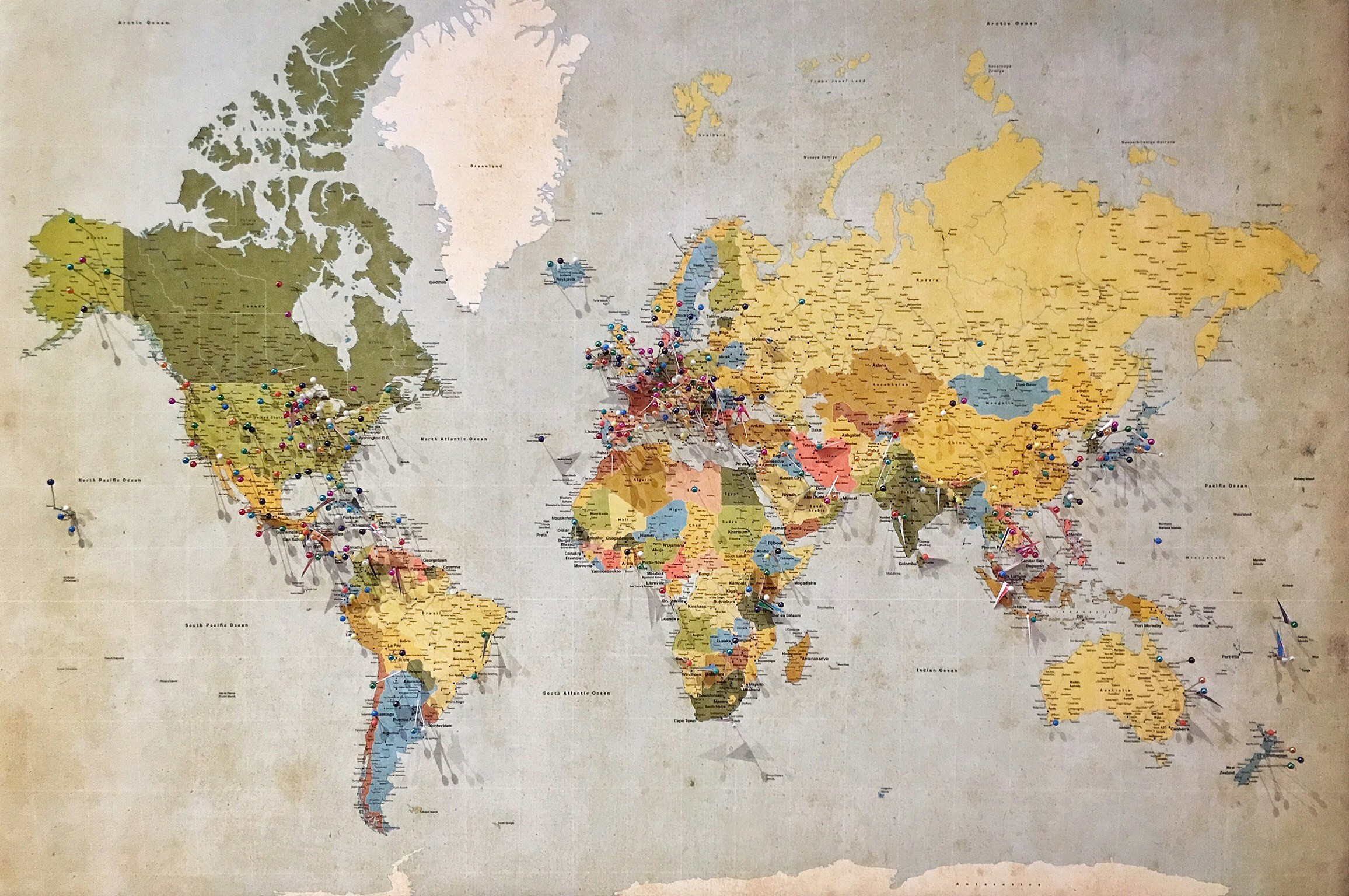If you’re looking for a quick way of understanding or communicating the progress a country is making on improving the lot of its residents compared to others around the world, the United Nations Development Programme (UNDP) offers a simple tools to do so in the Human Development Index (HDI).
In the HDI, every country is given a single score represented as a decimal fraction from 0 to 1, where 1 is high and 0 is low. This number is a composite of four commonly used statistics: life expectancy, expected years of schooling, mean years of schooling and gross national income (GNI) per capita. For example, in South Africa, the HDI is 0.713 based on life expectancy of 62.3 years, mean years of schooling as 11.3 years and expected years of schooling as 13.6 years. GNI is $12 948. The global average HDI is 0.732 and these numbers are very different for male and female populations.
It has been updated every two years since 1990.
While the headline numbers are easy to find on the HDI website, however, interpreting them and comparing the relative performance of countries over time can be a little tricky. In order to assist journalists and researchers looking for data about African countries, OpenUp and Africa Data Hub have extracted the data on 53 countries in Africa, from South Africa to Egypt, and made it more accessible for the purposes of creating your own analysis and graphics.
We’ve included all the key data in our pan-African data mapping tool, here, so that you can quickly compare key metrics across borders, timescale and sex. This is our country-level browser. Simply use the drop down menu to see how your country is performing, or access the full data here.
In addition, we’ve published these articles as a reporters’ toolkit for understanding and using the HDI. The first article also explains exactly how the HDI is calculated.
- Why the Human Development Index is important and what it means
- 40 African countries see fall in Human Development Index during Covid-19 period
- Life expectancy, education and wealth: What’s changed and for who in the last two years?
- Does the Human Development Index have a sex data problem?
- All the data for Africa in our repository, here
Please let us know if there’s any more data or information you need on the subject here.

.jpg)
-p-1080.jpg)





